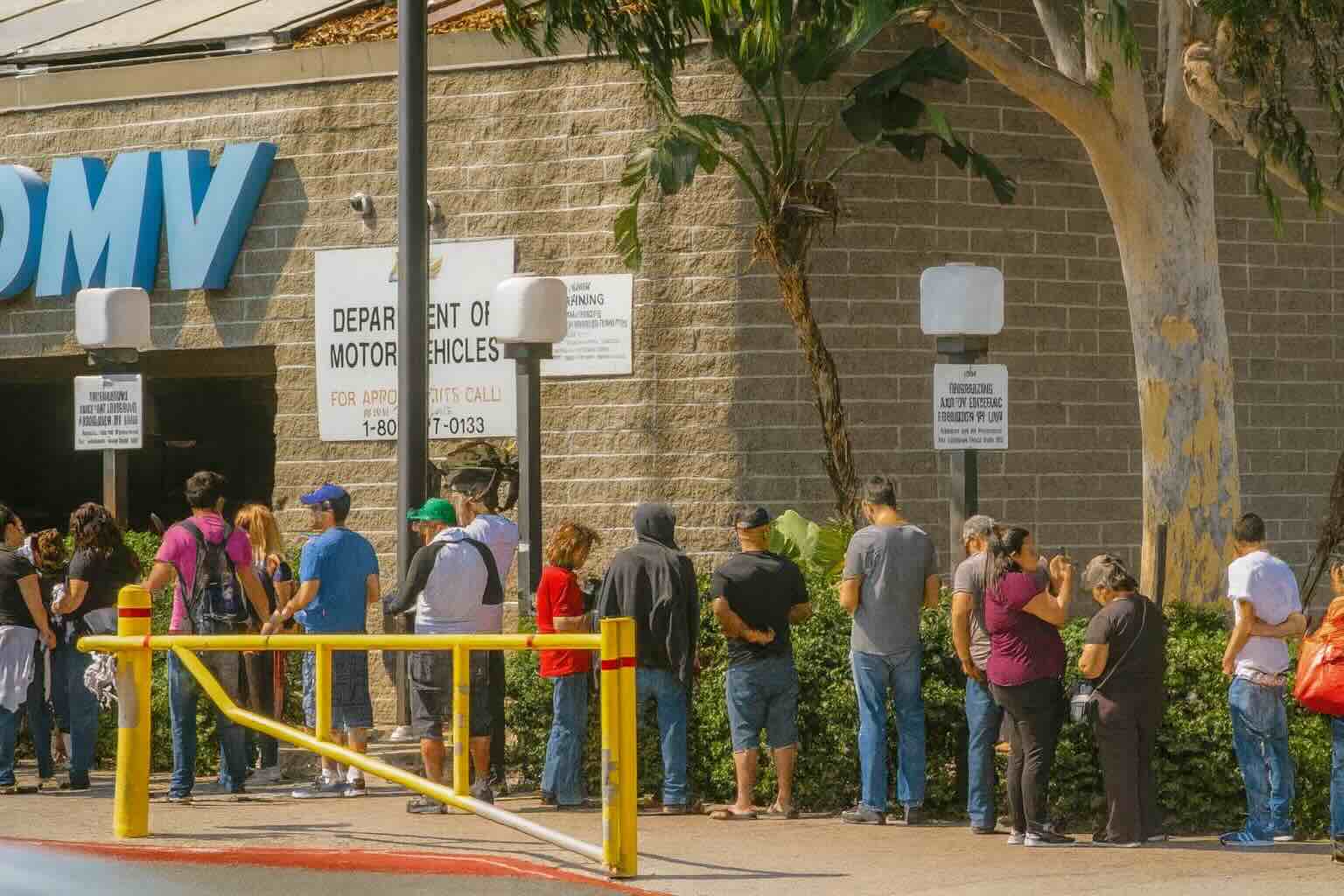If until now you enjoyed some tolerance when driving with an expired license, that period is officially over.
The rule began as a temporary measure during the pandemic when DMVs were overwhelmed with backlogs. For almost two years, many states allowed drivers to stay on the road even after their license expired. But like all temporary fixes, this one has ended.
Today, if an officer asks for your license and it’s expired, the consequences can be serious: hefty fines, insurance cancellations, and in some states, even jail time. Now more than ever, it’s better not to take the risk.
The pandemic is no longer an excuse
Back in 2020, lockdowns and uncertainty led governors across the country to suspend penalties for expired licenses. At its peak, 34 states extended license validity by up to a year, giving people breathing room.
But those extensions started disappearing in April 2021. And when the federal government declared the official end of the health emergency in 2023, all protections vanished.
Since May 7, the Real ID requirement also came into force for flights and official uses, leaving no justification for further extensions. From now on, every driver is responsible for keeping their license valid.
How much does it cost to renew?
Driving with an expired license is now treated the same as driving without one. The penalties vary depending on where you live:
-
$50 fine in Maine
-
Up to $500 fine and one year in jail in Georgia
The risks don’t stop there. If you get into an accident and your license isn’t valid, your insurance company may refuse to cover damages. Clearly, the disadvantages far outweigh the hassle of renewing on time.
What if I can’t get an appointment in time?
Yes, DMVs are often crowded, but things have improved since the worst of the pandemic. Back in 2021, more than 22 million procedures were pending. By 2025, delays have dropped by nearly 3 million thanks to extended office hours and more online services.
For example:
-
In California, online renewals increased by more than 20% compared to before the pandemic.
-
In North Carolina, extra offices now open on weekends and weekday hours were extended. Appointments still fill quickly, but the system is far less clogged than before.
So, while it may require persistence, there is enough time and opportunity to renew before your license expires.
One last hope in North Carolina?
In May, a proposal known as HB 821 appeared in North Carolina. If passed, it would allow standard Class C licenses to stay valid for two more years—but only inside the state and only until December 31, 2027.
The bill cleared the House Rules Committee on May 13, but it still needs full approval from lawmakers and the governor. Even its main sponsor admits this is just a temporary patch, not a long-term solution. No other state has put forward a similar plan.
How can I renew my license?
Since the grace period is gone, renewing on time is the only way to avoid problems. The process is simpler now, especially with online options.
Here’s what to do:
-
Check your expiration date on your license.
-
Try renewing online if your state allows it (42 states currently do).
-
Gather your Real ID documents, including proof of Social Security, two proofs of address, and either a birth certificate or passport.
-
Book your appointment early if online renewal isn’t available.
-
Special cases: military members, seniors, and out-of-state residents can often request temporary permits by mail.
With these steps, you’ll avoid unnecessary stress and keep your driving record clean.
Luck has run out—renew now
The grace period is officially over, and excuses won’t work anymore. If flashing blue lights appear in your rearview mirror and your license is expired, you could be facing fines, insurance problems, or worse.
The message is clear: don’t delay—renew your driver’s license before it’s too late.
